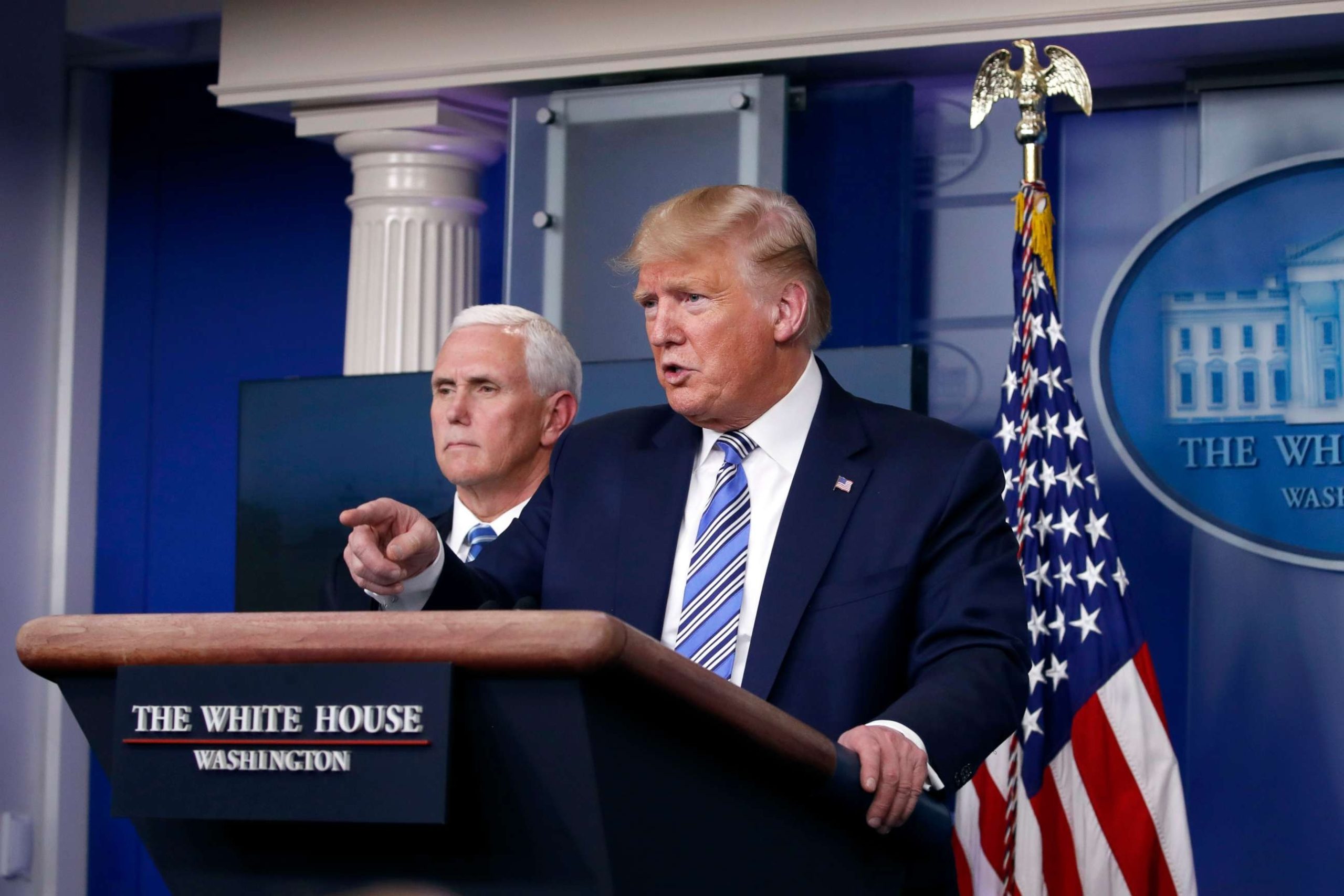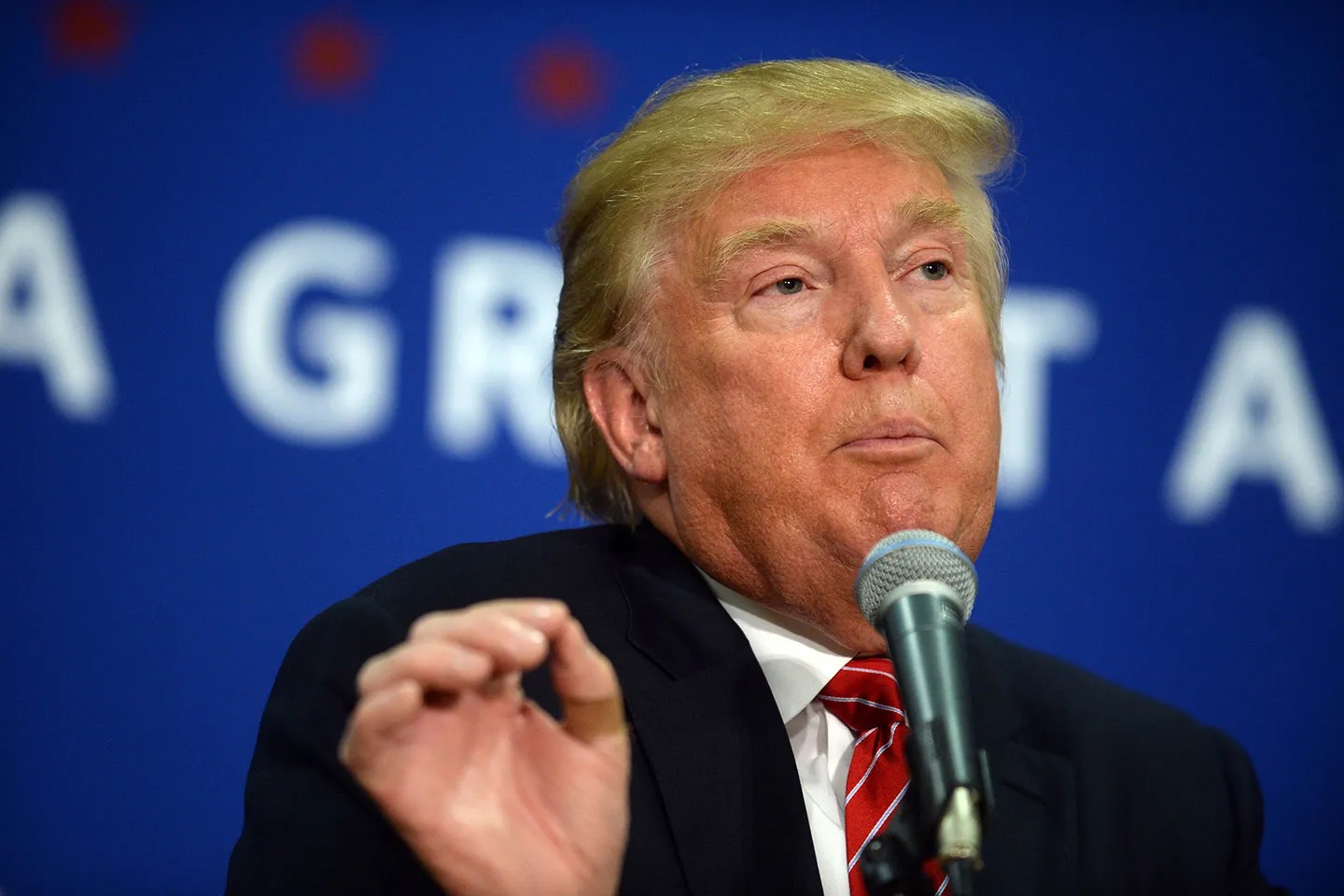The deep-seated bipartisan divide in the United States, coupled with the looming prospect of a potential second term for Donald Trump, has left a significant portion of the American population in a state of collective alienation and heightened anxiety.
This sense of unease is unlikely to subside soon, whether President Joe Biden secures another victory akin to 2020 or if the nation elects Trump once more.
Renowned terrorism, extremism, and insurgency expert Malcolm Nance emphasizes that the Trump insurgency poses a lasting threat that the United States will grapple with for at least a generation.

Donald Trump (Credits: ABC News)
This threat emanates from a diverse range of entities, including terrorists, street enforcers, militia members, Q-Anon adherents, and individuals who subscribe to the debunked theory that the 2020 election was stolen.
Nance warns that this coalition of forces has the potential to escalate tensions to the point of pushing America into a civil war. At the very least, he suggests, it will persist as a “slow-burning insurgency.”
One illustrative example of this persistent turmoil is the ongoing border standoff involving Texas Governor Greg Abbott and several other Republican state governors who are challenging the federal enforcement of immigration and border laws.
This conflict has been further complicated by a recent Supreme Court ruling that rebuked Texas for its unlawful actions in this regard. The clash underscores the entrenched divisions within the nation, showcasing the extent to which state governments are willing to defy federal mandates, contributing to an atmosphere of tension and uncertainty.
The Trump insurgency, as identified by Nance, extends beyond electoral politics and permeates various facets of American society. It encompasses ideological fervor, with adherents holding onto conspiracy theories such as the “big lie” that the 2020 election was stolen.
The persistence of this insurgency reflects a broader societal challenge that transcends political cycles and election outcomes. Addressing the roots of this insurgency requires a comprehensive understanding of the factors contributing to its endurance.
Factors such as disinformation, political polarization, and economic disparities play a role in fueling the discontent that underlies the Trump insurgency.
As the nation grapples with these complex issues, a strategic and multifaceted approach is essential to foster unity, rebuild trust in democratic institutions, and dispel the allure of extremist ideologies.
The path forward necessitates acknowledging the long-term nature of this challenge and working towards comprehensive solutions that address not only the symptoms but also the underlying causes of the Trump insurgency.
It requires a commitment to promoting national unity, fostering open dialogue, and rebuilding the fabric of American society to withstand the strains of deep-seated division. Only through such concerted efforts can the nation hope to navigate these turbulent waters and build a more resilient and inclusive future.























